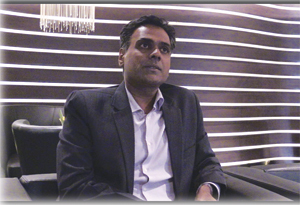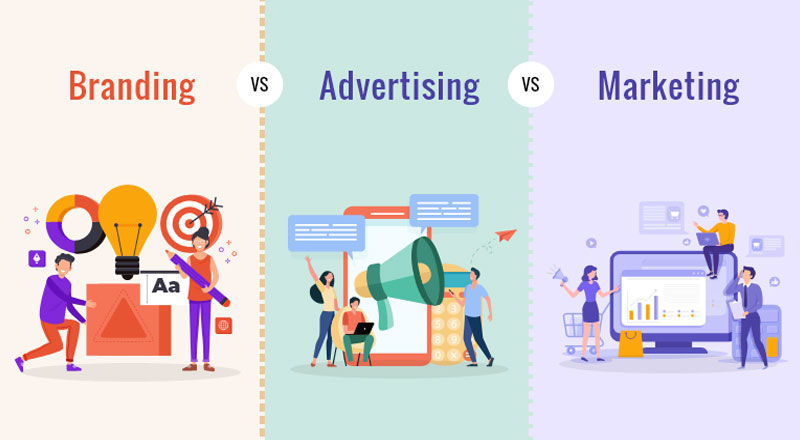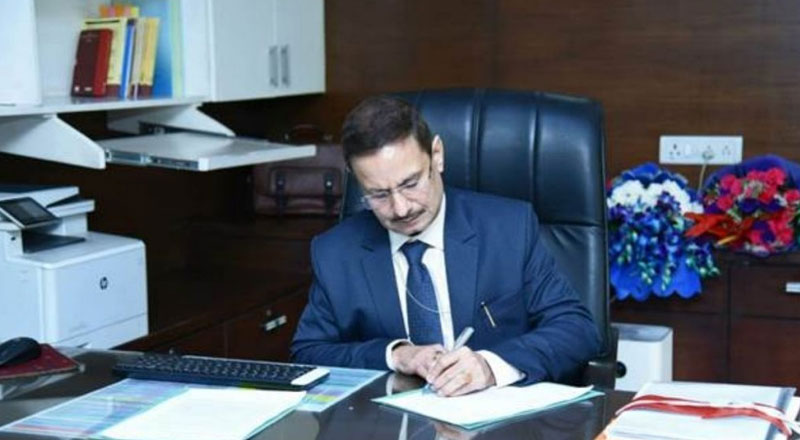CSR for Aviva started much earlier, even before the 2% mandate was announced by the govt. Jayaram Ramanathan, Vice President – Corporate Communications, Aviva Life Insurance, besides speaking about its flagship initiative shares how as a socially responsible company would take the sustainability legacy forward with the help of Arpana Trust, with whom it has maintained long-lasting relationship –
What will be your agenda for sustainability for 2017?
At Aviva, we work at 3 levels – global, at India level and at internal level. In India we predominantly focus on empowerment of woman and education. Globally the agenda for sustainability is pretty high as Aviva is a part of the UN signatory and the UN Panel which works towards sustainability. From that perspective, as a company we work towards assuring that we meet all the required guidelines concerning carbon footprint, wastage etc.
From an Indian perspective though, the focus is not so much on environmental sustainability, but on education front, we have been supporting an NGO called Arpana Trust from the past 14 years. And I am happy to share that we have so far helped more than 6000 children. Much before the CSR law came into being; we have been helping them with proper education guideline, in which we have at present 3 projects running.
Arpana Trust is a charitable organization which works towards the upliftment of street children in slum rehabilitated settlements. In 2005, Aviva India in partnership with the Arpana Trust launched the Arpana Aviva Balvatika – a centre for children below 5 years of age. These children are provided with primary education and mid-day meals.
What is your flagship initiative?
In India our flagship initiative is called Street to School, in which we give education to under-privileged students. The aim is to fulfil our brand promise by improving the lives of underprivileged children. Our Corporate Social Responsibility initiatives focus on empowering underprivileged children through education. We recognise education as the right of every child – the right to a strong foundation that enables them to escape the vicious circle of ignorance, disease and poverty. Street to School, as the name suggests helps children move from street to school and we try to bring them at par with the nearest possible government education that they can be imparted.
Besides Arpana Trust, we work with Katha for a project for special need children.
How would you like to take this legacy forward?
As a company we are very socially responsible and whatever we do is audited at 3 levels – internal, global and external. So we try to adhere to the norms, guidelines and targets that we as a company have set for ourselves and believe in ensuring that the impact that we deliver is something that is quantifiable and can make a difference.
While going for any partnerships, what factors do you look for in your partners?
The first thing we see is the credibility of the organization; secondly would be their expertise and the third would be the process that they follow. The impact should be measurable for us and we should be able to understand of how the money is being spent.
What kind of challenges do you while taking up any project?
From a company perspective, currently it is dependent on the 2% rule and so it is purely ‘better the business more the money’ policy. But from the other side of the fence, for NGOs and partners to come and reach out to us corporates is a very big challenge because every corporate has its own agenda that needs to be synced with the business philosophy. Secondly, the lack of adequate process mechanism which can lead to sustainable impact can be another factor that can pose as a big challenge.
Any message you would like to give to the community?
I would definitely like to say that in India philanthropy is as old as the country itself. Even in our mythodologies we have heard of donations and philanthropies. It is critical that we continue with the legacy and hopefully meet the 2030 sustainable development goals that we have set for ourselves. I would also encourage more people to contribute.





